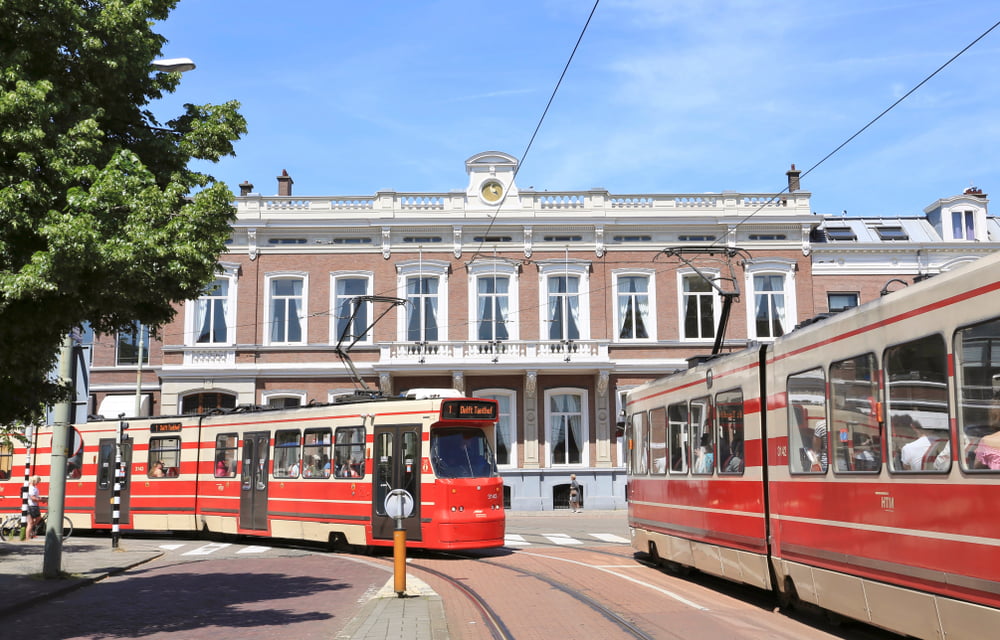In order to arrive at a good performance comparison, ACM looks at the aspects of cost efficiency and effectiveness of the transport companies GVB, RET and HTM.
A recent performance analysis by the Netherlands Authority for Consumers and Markets (ACM) has shed light on the efficiency and quality of public transport in the three largest Dutch cities: Amsterdam, Rotterdam, and The Hague. The analysis, which focused on the municipal transport companies GVB, RET, and HTM, has revealed subtle differences in cost efficiency, quality of service, and sustainability.
The study, conducted by the ACM, emphasizes the importance of cost-efficiency and efficiency within urban transport. These aspects are crucial for ensuring sustainable and affordable mobility in urban areas. The comparison shows that the RET in Rotterdam operates the most cost-efficient service at €11,75 per timetable kilometer, followed by the HTM in The Hague with €11,83, and the GVB in Amsterdam with €14,36 per kilometer. The difference in costs is partly explained by the level of subsidy that the transport companies receive, as well as by the differences in occupancy rates, mainly influenced by the use of metros in both Amsterdam and Rotterdam.
In terms of punctuality, all three transport companies score high, with bus transport from both GVB and RET achieving around 90% punctuality, and HTM slightly lower at around 85%. The tram services of all three companies show a comparable punctuality of around 91%. These high punctuality figures illustrate the priority given to meeting the planned timetable, despite challenges such as staff and equipment shortages.

The Passenger Transport Act 2000 stipulates that the ACM carries out a performance comparison to encourage city transport operators to improve the quality of their services.
The perceived quality of transportation, rated by travelers based on comfort, convenience, and safety, also shows that customer satisfaction is generally at a high level across all three organizations. With the fewest complaints and calamities, HTM scores highest on customer satisfaction, which emphasizes the company's commitment to quality service.
Sustainability is another crucial aspect on which transport companies are assessed, especially in light of new European directives that require more detailed reporting on environmental impact from 2025. HTM excels with the lowest CO2 emissions, partly thanks to the use of natural gas buses, while GVB stands out with the largest fleet of emission-free buses. RET faces the biggest challenge in terms of reducing CO2 emissions, an area on which the company will have to focus to meet future environmental requirements.
The findings of this report underline the importance of continuous improvement and innovation within urban transport. The privately awarded concessions offer these transport companies the opportunity to focus on quality improvement without the pressure of competition. This not only encourages a higher standard of service, but also a more sustainable and efficient approach to urban transport.
WP2000
This website provides access to the full text of the Passenger Transport Act 2000, applicable from January 1, 2024. This law regulates various aspects of passenger transport in the Netherlands, including public transport, private bus transport and taxi transport. It aims to improve coordination between supply and demand in passenger transport and stimulates competition in regional public transport.




